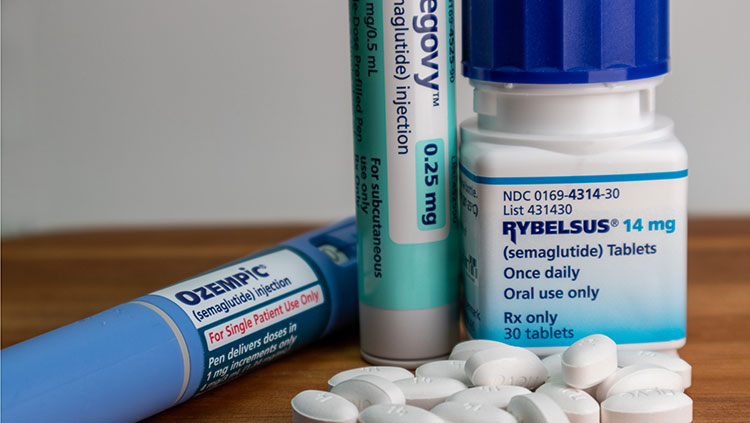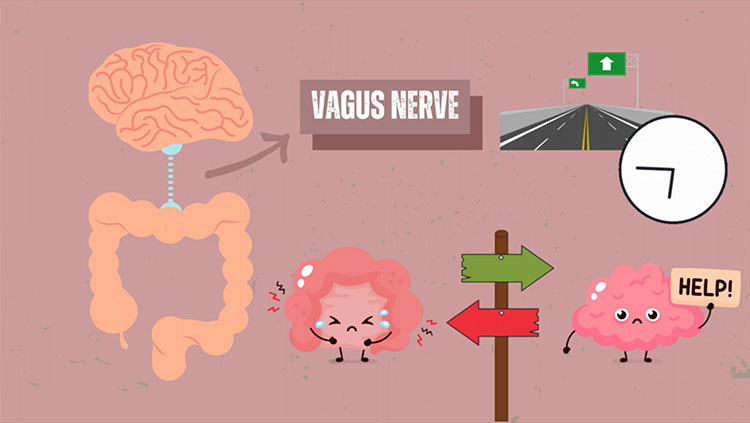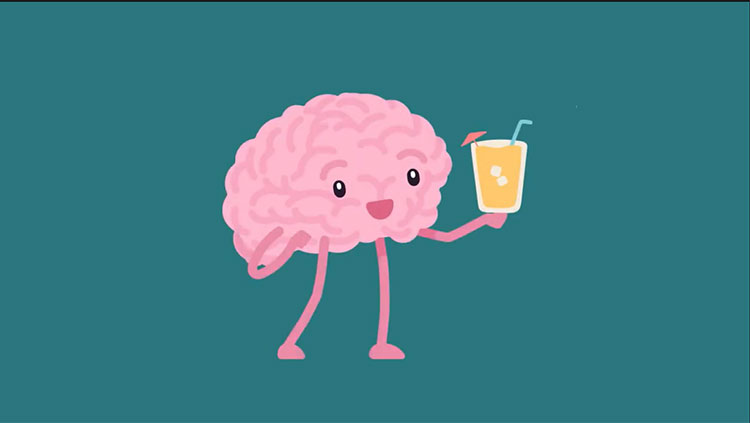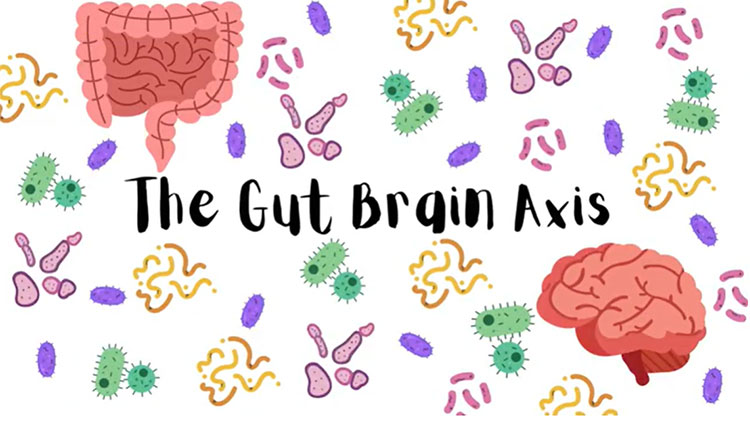The millions of microorganisms living in the gut — the microbiota — influence brain function and health. Bacterial imbalances may contribute to symptoms of brain disorders like autism and anxiety.
This video is from the 2020 Brain Awareness Video Contest.
Created by Holly Waters
CONTENT PROVIDED BY
BrainFacts/SfN
Transcript
What if I asked you to name the three-pound part of your body that controls your feelings and behaviors? You’d probably say your brain but I’m not talking about the one in your head.
Let's talk about the second brain that’s living in your gut. The gut microbiota consists of the millions of microorganisms living in our intestines.
There are actually 10 times as many microbial cells as human cells in our bodies. That’s right, we’re mostly microbes. But don’t worry, our bacterial inhabitants aren’t just hitching a ride. New research suggests that they actually affect our brains on a fundamental level, influencing how we think and feel every single day. Let me show you how it works.
Our gut microbes communicate with our brain through a pathway called the brain-gut access. Think of it like a busy two-way road running 24 hours a day. You probably already know that the brain sends chemical and electrical signals to our gut to regulate processes like digestion, but our gut microbes are also constantly sending messages back to our brain. They can activate our vagus nerve, which runs directly to the brain, modulate our immune system, release hormones, or ferment our undigested food to produce chemicals called neurotransmitters.
Neurotransmitters are extremely important in our nervous system because they allow our network of nerve cells, or neurons, to exchange signals and send messages to our brain. When an electrical impulse reaches the first neuron, neurotransmitters get released and attach to receptors on the second neuron to bridge the gap or synapse and pass the message on. Without neurotransmitters our nervous system wouldn’t be able to function, which makes our microbes just as important for our nervous system as the neurotransmitters they produce.
With this knowledge scientists have begun to make the connection between the gut microbiota and neuropsychological conditions including autism and depression. Enter the neurotransmitter enhancing protein brain-derived neurotropic factor, or BDNF for short. BDNF is a chemical that helps neurons in our brains make new connections and strengthen existing ones. It’s very important for learning and memory, and low levels of BDNF have been linked to anxiety and depression.
But how is it affected by our gut microbiota?
To answer this question, a group of scientists at McMaster University in Canada conducted the famous personality transplant experiment. They put mice on an elevated platform and measured how long it took for them to jump down as a measure of their anxiety levels. The confident, extroverted group of mice leapt down within seconds, while the anxious group of mice paced back and forth for a few minutes before stepping off.
Then the researchers performed a fecal transplant, transferring the bacteria from the confident rice into the anxious mice and vice versa. Amazingly, when they performed the platform test again they found that the competent mice with the anxious set of microbes now took a lot longer to step down from the platform while the anxious mice with the confidence set of microbes stepped down a full minute sooner than they had before.
It was as if changing a set of bacteria in their guts had completely changed their personalities. And not only did the microbial transplant cause the anxious mice to become more confident but it also affected their brain chemistry, increasing the level of BDNF in their brains.
This experiment and others like it suggest the power of the gut microbiota to alter important chemical processes in the brain. Although most of these experiments have been conducted on mice, we’ve also seen promising results in linking microbiota to autism in humans.
In 2017, researchers found that compared to neurotypical children the feces of autistic children had higher levels of harmful bacterial fermentation products called PPA’s and SCFA’s. When they compared the intestinal communities of the two groups it seemed that the children with autism had a much less balanced composition of microbes.
This condition of microbial imbalance or low microbial diversity is called dysbiosis, and it seems to be the common thread linking patients that suffer from diseases like anxiety and autism. Perhaps the key to having a healthy microbiota isn’t having a certain type of bacteria but maintaining an overall high microbial diversity.
Unfortunately, modern practices like widespread antibiotic usage, dietary changes, hyper-cleanliness, and c-sections only contribute to widespread dysbiosis. But there is an upside. This research has given us new directions for the future of medicine in the form of psychobiotics, a class of bacterial supplements specifically aiming to address psychiatric symptoms.
We’ve successfully used probiotics to treat anxiety and to temporarily improve behavioral symptoms in patients with autism. One day fecal microbial transplants and psychobiotics may finally end our heavy reliance on pharmaceutical drugs. While more research needs to be done on how our microbiota influences our behavior and brain chemistry one thing is for certain: we can’t consider human health without considering how we interact with the microbes all around us and inside of us.
And as we continue to study neuropsychological diseases in the future it seems like our gut microbiota may be a promising place to start.
Also In Body Systems
Trending
Popular articles on BrainFacts.org

















